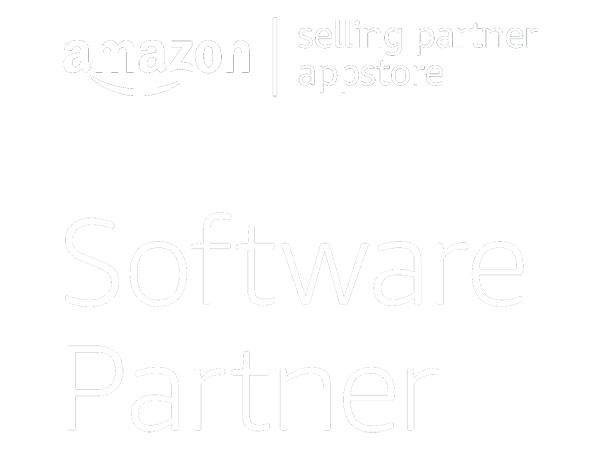When you want to sell a product on your Amazon store, one of the first questions you need to answer is where to find it. In this blog post, we’ll cover everything you need to know about where to find products to sell on Amazon FBA.
When you find products to sell on Amazon, you need to be confident of the following:
- You can acquire the product easily and affordably from suppliers.
- You can compete in the market.
- You can sell at an acceptable profit margin.
So, let’s talk about how to get products to sell on Amazon that satisfy all three of these needs.
Top selling categories on Amazon
If you’re starting from scratch, begin with what already sells. Electronics, home & kitchen, clothing & accessories, books, and toys are all popular categories. If it’s a popular product, there should be options for suppliers.
If you’re looking for where to find products to sell within these categories, consider starting with Alibaba. This business-to-business eCommerce platform allows Amazon sellers to order private-label products to start building a brand. You could also find products through online suppliers like Doba or Oberlo (which has a selection of products from Ali Express).
In addition to these platforms, you can source products from trade shows and local retailers. You could do more granular research for suppliers who specialize in a particular niche.
Knowing where to get products to sell on Amazon is only part of the equation. Let’s talk about research.
How to research products for Amazon FBA
Before you commit to ordering products to sell on Amazon FBA, research the competition in your niche. Take the time to look at what similar sellers are offering and evaluate their price points. This will help ensure that you are pricing your items competitively while still making a profit. In some cases, the market is too saturated with competition. If your competitive research shows countless listings of prices you cannot match, choose a new product!
Factors to consider when choosing a product
- Product demand in the market—Do you see multiple listings finding success with these products at similar prices? If so there is likely enough demand to support your product.
- Competitors selling similar products—You don’t need to be the first to plant your flag, but you need to be able to make a profit at the price points where customers are buying.
- Cost of manufacturing and shipping—Sales is only one half of your profit equation. Pay attention to your manufacturing, shipping, and storage costs to maximize your profit. All of these costs could vary significantly depending on economic conditions.
- Profit margins—Speaking of profit, track your margins on every product. Some will have higher margins than others, but it can still be worth selling a lower margins product if you can sell a high quantity.
- Options for suppliers—Before you commit to ordering multiple cycles of a product, consider your backup plan if you had a problem with the supplier. Could you pivot to a new supplier without damaging your bottom line?
- Reviews from customers—What are customers saying about the product you’re considering? Poor reviews across multiple sellers can indicate an issue with the product. Choose products that will generate five star reviews if your store provides a five star experience. Without quality reviews, you’ll have trouble competing for listings.
- Seasonality—What are the seasonal trends for the product? Outdoor products and popular holiday gifts require seasonal strategy for ordering and marketing campaigns. Many Amazon sellers use a tool like Keepa to track price histories and identify opportunities.
Finally, consider where you’ll be sourcing your products. It’s important to select a reliable supplier who can meet your needs when it comes to pricing, delivery times, and customer service. Make sure that they have a history of producing quality goods. And again, be sure you have a backup plan if there’s an issue with your first choice of suppliers.
10 places to source products for Amazon FBA
If you choose the right products, sourcing them should be easy. Here are ten places you can start:
- Alibaba
- Doba
- Oberlo
- Local retailers
- Trade shows
- Wholesale suppliers
- Online marketplaces such as eBay and Etsy
- Manufacturers directly
- B2B vendors
- Dropshipping with Ali Express
If you’re just starting out, approach this as experimental mode. You’re planning for success, so budget enough cash for multiple cycles of inventory. You’ll need to replenish quickly to maintain momentum. Be sure to support your product launches with marketing campaigns—this will help you know for sure whether or not you have chosen a viable product.
After a few successful product launches, you can leverage your business success into eCommerce funding to grow more quickly.




